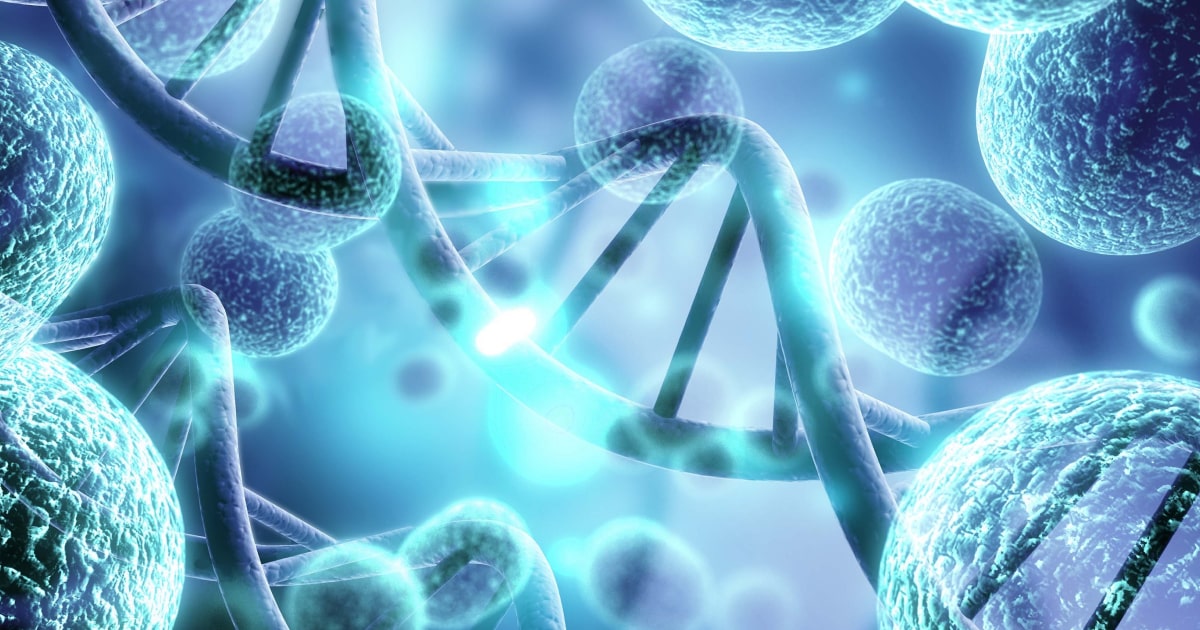
Expert Reviewed By: Dr. Brandon Colby MD
Understanding Hypotrichosis 3
Hypotrichosis 3 is a rare genetic disorder characterized by sparse hair growth, dry skin, eczema, blepharitis, photophobia, and impaired sweating. Recent studies have identified a homozygous variant in the CST6 gene associated with this condition, highlighting the role of cystatin M/E in epidermal homeostasis and hair follicle morphogenesis (source). Moreover, a homozygous missense mutation in the CST6 gene has been reported to cause dry skin, desquamation, and abnormal keratosis, enhancing our understanding of protease-antiprotease balance in human skin disorders (source).
Diagnosing Hypotrichosis 3
Diagnosing Hypotrichosis 3 can be challenging due to its rarity and the overlap of symptoms with other skin and hair disorders. However, recent advances in genetic testing have made it possible to identify the specific genetic mutations responsible for this condition. By examining the patient's DNA, healthcare professionals can now confirm a diagnosis of Hypotrichosis 3 and provide appropriate treatment and management strategies.
Using Genetic Testing for Hypotrichosis 3
Confirming a Diagnosis
Genetic testing can be a valuable tool in confirming a diagnosis of Hypotrichosis 3. By analyzing a patient's DNA for the presence of the CST6 gene mutations, healthcare professionals can determine if the individual has the condition. This information can help guide treatment decisions and provide a better understanding of the patient's prognosis.
Identifying Carriers
As Hypotrichosis 3 is a genetic disorder, it can be passed down through families. Genetic testing can help identify carriers of the CST6 gene mutations who may not show any symptoms but can still pass the condition onto their children. This information can be crucial for family planning and in making informed decisions about the risk of having a child with Hypotrichosis 3.
Expanding the Phenotypical Spectrum
Genetic testing has also played a significant role in expanding our understanding of the phenotypical spectrum of Hypotrichosis 3. Research has identified pathogenic genomic imbalances and variants in genes previously implicated in neurodevelopmental disorders, leading to the identification of new candidate genes for Rett-like clinical presentations (source). This information can help improve our understanding of the underlying mechanisms of Hypotrichosis 3 and pave the way for new treatment options.
Understanding Novel Genetic Causes of Short Stature
Genetic testing has also shed light on novel genetic causes of short stature related to Hypotrichosis 3. A review of recent research has focused on the epiphyseal growth plate and covers disorders in hormone signaling, paracrine factors, matrix molecules, intracellular pathways, chromosomal aberrations, and imprinting disorders (source). This knowledge can help healthcare professionals better understand the growth patterns of individuals with Hypotrichosis 3 and develop targeted treatment strategies.
Conclusion
As our understanding of Hypotrichosis 3 continues to grow, genetic testing has emerged as a powerful tool for diagnosing and managing this rare genetic disorder. By identifying the specific genetic mutations responsible for the condition, healthcare professionals can provide targeted treatment options and support for individuals and families affected by Hypotrichosis 3. As research progresses, we can hope for further advances in our understanding of this condition and the development of new treatment options for those affected.
About The Expert Reviewer
Dr. Brandon Colby MD is a US physician specializing in the personalized prevention of disease through the use of genomic technologies. He’s an expert in genetic testing, genetic analysis, and precision medicine. Dr. Colby is also the Founder of and the author of Outsmart Your Genes.
Dr. Colby holds an MD from the Mount Sinai School of Medicine, an MBA from Stanford University’s Graduate School of Business, and a degree in Genetics with Honors from the University of Michigan. He is an Affiliate Specialist of the American College of Medical Genetics and Genomics (ACMG), an Associate of the American College of Preventive Medicine (ACPM), and a member of the National Society of Genetic Counselors (NSGC)